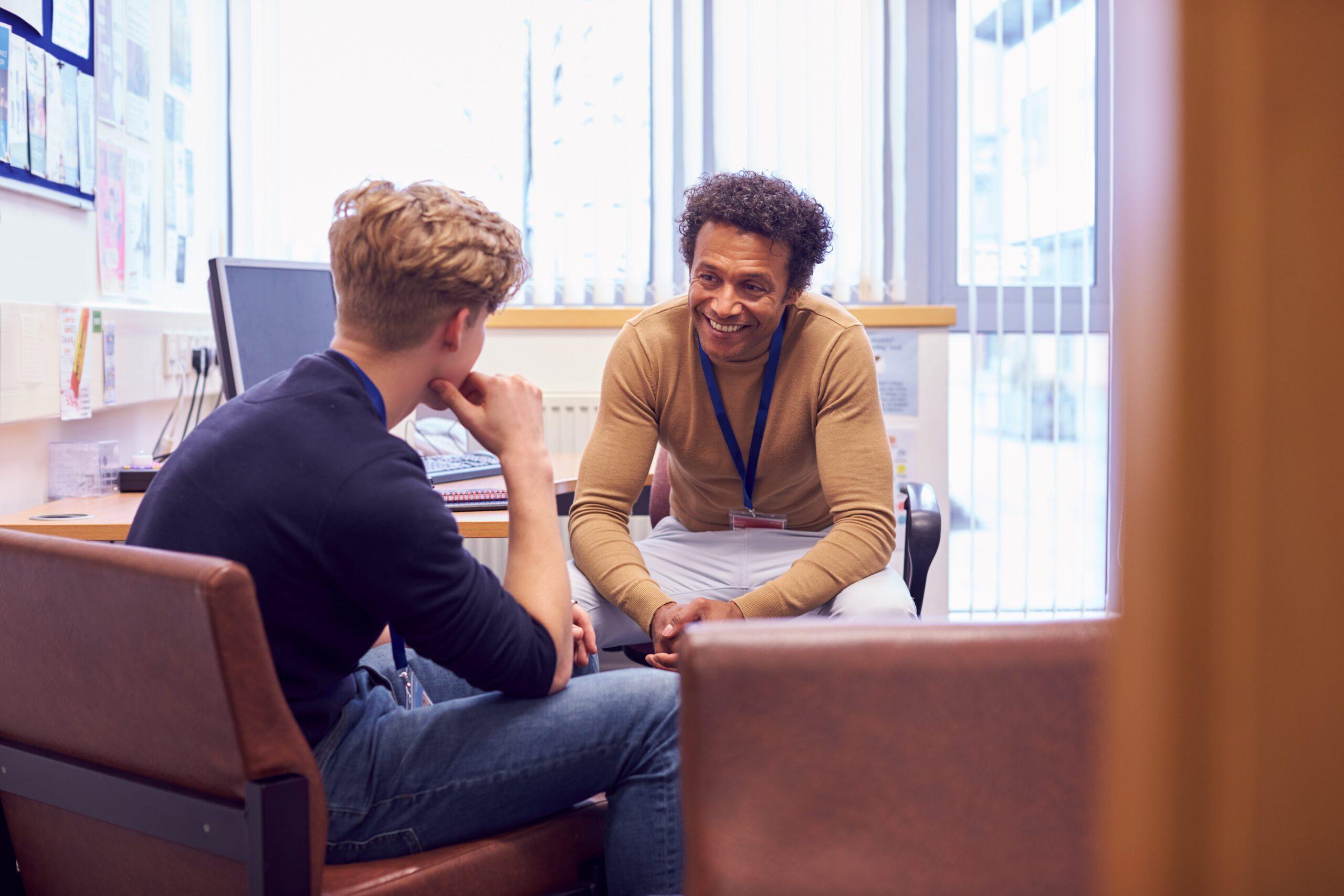Unlock a life of purpose and fulfillment by discovering the transformative power of hobbies in recovery.
Recovery from Alcohol Use Disorder is a journey of transformation, a process of rebuilding a life free from the grip of addiction. It’s a path that demands strength, resilience, and a commitment to change. While the initial stages of recovery often involve intensive treatment and therapy, sustaining long-term sobriety requires more than just abstinence.
It involves finding new sources of meaning, purpose, and joy in life. Before we discuss the hobbies to replace drinking, let’s first talk about the challenges associated with recovery from AUD.
Introduction to Recovery Challenges
The journey of recovery from Alcohol Use Disorder (AUD) is filled with unique challenges. Individuals in recovery often grapple with:
- Cravings: The persistent urge to drink can be a major obstacle, especially in early recovery.
- Triggers: Certain people, places, or situations can trigger cravings and increase the risk of relapse.
- Emotional Distress: Recovery can bring up a range of intense emotions, including anxiety, depression, and anger.
- Boredom: Without the constant cycle of drinking, individuals may experience a sense of emptiness or boredom.
- Social Isolation: Addiction can damage relationships, leading to feelings of loneliness and isolation.
Overcoming these challenges requires a multifaceted approach that addresses both the physical and psychological aspects of addiction. It’s not enough to simply stop drinking; it’s essential to build a new life that is fulfilling and meaningful.
Role of Hobbies in Recovery
Hobbies play a vital role in the recovery process by providing a positive focus, promoting well-being, and supporting long-term sobriety. They offer a healthy alternative to substance use, helping individuals to:
- Manage Stress: Hobbies provide a constructive way to cope with stress, reducing the risk of relapse.
- Prevent Relapse: Engaging in enjoyable activities can fill the void left by alcohol, reducing cravings and the temptation to drink.
- Enhance Overall Well-Being: Hobbies contribute to improved mental, emotional, and physical health.
Hobbies offer a pathway to a richer, more fulfilling life in recovery. They provide opportunities for growth, connection, and joy, helping individuals to build a life beyond sobriety.
The Benefits of Hobbies in Recovery

The benefits of incorporating hobbies into a recovery plan are numerous and far-reaching. They contribute to a more balanced, fulfilling, and sustainable recovery.
Emotional Balance
Recovery can be an emotional rollercoaster. Hobbies provide a healthy outlet for expressing and managing emotions.
- Stress Reduction: Engaging in enjoyable activities helps to lower stress levels and promote relaxation.
- Mood Improvement: Hobbies can boost mood, reduce symptoms of depression, and increase feelings of happiness.
- Emotional Regulation: Hobbies can help individuals develop skills for managing and regulating their emotions.
By providing a positive focus and a sense of accomplishment, hobbies contribute to greater emotional stability and resilience.
Social Connections
Addiction can lead to isolation, but hobbies can help individuals reconnect with others and build supportive relationships.
- Meeting New People: Many hobbies offer opportunities to meet people who share similar interests.
- Building Supportive Relationships: Engaging in group activities or classes can foster a sense of belonging and community.
- Reducing Isolation: Hobbies can help individuals overcome feelings of loneliness and connect with others.
Hobbies provide a platform for building a strong support network, which is crucial for long-term recovery.
Personal Growth
Recovery is a journey of self-discovery and growth. Hobbies can foster a sense of accomplishment, boost self-esteem, and provide opportunities for personal development.
- Sense of Accomplishment: Mastering a new skill or completing a project can provide a sense of pride and accomplishment.
- Increased Self-Worth: Engaging in meaningful activities can boost self-esteem and confidence.
- Personal Development: Hobbies can help individuals discover new talents, explore their interests, and grow as individuals.
By providing opportunities for growth and self-improvement, hobbies contribute to a more fulfilling and purposeful life in recovery.
10 Hobbies In Recovering from Alcohol Use Disorder
Finding the right hobby can make a significant difference in the recovery journey. Here are 10 suggestions, each offering unique benefits and opportunities for growth:
1. Painting and Art
Art provides a powerful outlet for self-expression and emotional release.
- Therapeutic Benefits: Creating art can be a cathartic experience, allowing individuals to process and express emotions in a healthy way. It can be particularly helpful for those who struggle to verbalize their feelings.
- Getting Started:
- Materials: Start with basic supplies like paper, pencils, paints, or brushes.
- Techniques: Explore different techniques, such as drawing, painting, sculpting, or collage.
- Classes: Consider taking a beginner’s art class to learn new skills and connect with others.
2. Gardening
Gardening offers a connection to nature and provides a sense of peace and tranquility.
- Physical and Mental Benefits: Gardening combines physical activity with mental relaxation. It can reduce stress, improve mood, and provide a sense of accomplishment.
- Starting a Garden:
- Choosing Plants: Select plants that are suitable for your climate and space.
- Maintaining a Garden: Learn basic gardening techniques, such as watering, weeding, and pruning.
- Community Gardens: Consider joining a community garden to connect with others and share your love of gardening.
3. Cooking and Baking
Cooking and baking allow for creativity and provide a sense of accomplishment.
- Creative Expression: Experimenting with new recipes and flavors can be a fun and rewarding way to express creativity.
- Health Benefits: Preparing healthy meals can support physical recovery and promote overall well-being.
- Social Connection: Cooking for others can be a way to connect with loved ones and share the joy of food.
4. Photography
Photography encourages mindfulness and appreciation for the beauty in the world around us.
- Capturing Moments: Photography can help individuals to focus on the present moment and appreciate the beauty of life.
- Equipment and Techniques:
- Basic Photography Tips: Learn about composition, lighting, and focus.
- Equipment: Start with a simple camera or even your smartphone.
- Photography Groups: Consider joining a photography group to learn from others and share your work.
5. Writing
Writing can be a therapeutic way to process emotions, reflect on experiences, and express creativity.
- Therapeutic Writing: Journaling can be a powerful tool for self-reflection and emotional processing. Creative writing, such as poetry or fiction, can provide an outlet for imagination and expression.
- Getting Published:
- Sharing Your Writing: Consider sharing your writing with others through blogs, online platforms, or writing groups.
- Writing Workshops: Attend writing workshops to improve your skills and connect with other writers.
6. Music
Music has the power to uplift, inspire, and heal.
- Therapeutic Effects: Listening to music can improve mood, reduce stress, and promote relaxation. Learning an instrument can provide a sense of accomplishment and a creative outlet.
- Learning an Instrument:
- Choosing an Instrument: Select an instrument that you enjoy and that fits your lifestyle.
- Lessons: Consider taking lessons from a qualified instructor.
- Music Groups: Join a band, choir, or orchestra to connect with other musicians.
7. Yoga and Meditation
Yoga and meditation promote physical and mental well-being by enhancing the mind-body connection.
- Mind-Body Connection: These practices help to cultivate mindfulness, reduce stress, and improve emotional regulation.
- Finding Classes:
- Local Yoga Studios: Search for yoga studios in your area that offer beginner classes.
- Meditation Centers: Explore meditation centers or groups that offer guided meditation sessions.
- Online Resources: Utilize online resources, such as apps and videos, to practice yoga and meditation at home.
8. Hiking and Outdoor Activities
Spending time in nature offers numerous physical and mental health benefits.
- Physical and Mental Benefits: Hiking, walking, and other outdoor activities promote physical fitness, reduce stress, and improve mental clarity.
- Finding Trails:
- Local Hiking Groups: Connect with local hiking groups to explore new trails and meet other outdoor enthusiasts.
- Online Resources: Utilize online resources and apps to find hiking trails in your area.
- Safety Precautions: Always take necessary safety precautions when hiking, such as bringing water, wearing appropriate clothing, and letting someone know your plans.
9. Volunteering
Giving back to the community can provide a sense of purpose, fulfillment, and connection.
- Giving Back: Volunteering allows individuals to make a positive impact on the lives of others, which can be incredibly rewarding.
- Finding Opportunities:
- Local Charities: Contact local charities or organizations that align with your interests.
- Volunteer Websites: Utilize online platforms that connect volunteers with organizations in need.
- Community Centers: Check with community centers for volunteer opportunities in your area.
10. Reading and Book Clubs
Reading provides mental stimulation, relaxation, and opportunities for social interaction.
- Mental Stimulation: Reading can expand knowledge, improve focus, and reduce stress.
- Joining Book Clubs:
- Local Libraries: Check with local libraries for information on book clubs in your area.
- Online Book Clubs: Explore online book clubs to connect with readers from around the world.
- Choosing Books: Select books that interest you and that are appropriate for your reading level.
Embracing Hobbies for a Fulfilling Recovery
Hobbies play a crucial role in maintaining long-term sobriety by offering structure, purpose, and personal fulfillment. Engaging in creative, physical, and social activities can reduce stress, prevent relapse, and enhance emotional well-being.
At Skypoint Recovery, we encourage individuals to explore hobbies that resonate with their personal interests and support their recovery from Alcohol Use Disorder (AUD). If you or a loved one need guidance on building a fulfilling life in sobriety, we’re here to help.
Call us today at 855-612-3488 or fill out our online form to take the next step toward a healthier, more meaningful recovery journey.
Related Blogs
-
Not Ready for Rehab? Understanding Readiness for Change in Addiction Recovery
-
Parenting and Family Healing After a Parent’s Addiction
-
Understanding Codependency and Caregiver Burnout in Addiction Recovery
-
Rebuilding Trust After Substance Use: A Step-by-Step Guide for Couples
-
Setting Healthy Boundaries with a Loved One Struggling with Substance Use


Start Your Personalized Recovery Journey Now









